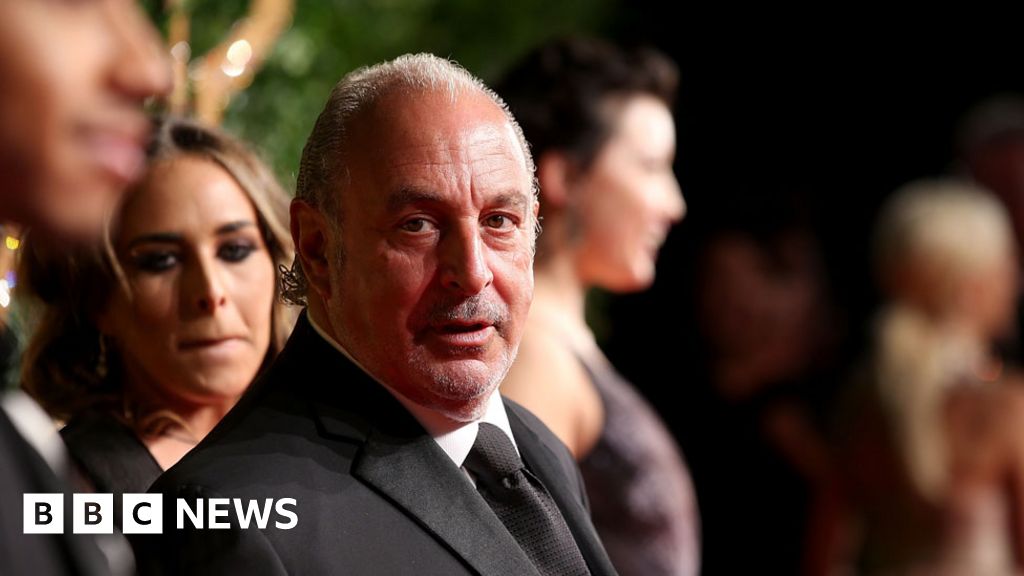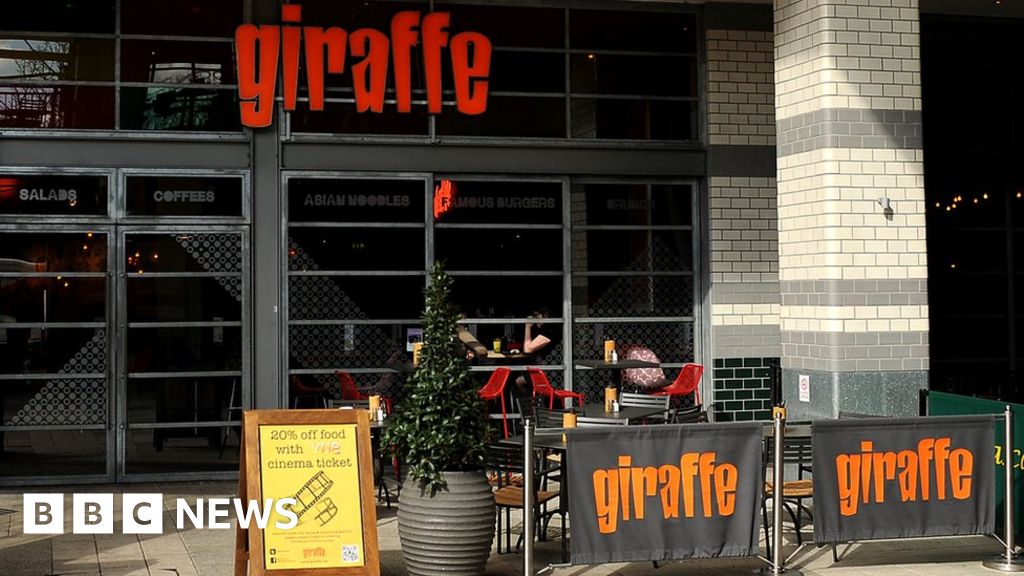Engineering Business, Case By Case
I’m an engineer, by background, so at the core I’m inspired by helping people build new things. Even though I now work primarily with large bankers I still haven’t given up my engineering mindset.
Working with large investors and vendors of technology I’ve seen up close how they analyze new technologies hoping to break into the enterprise system as new vendors or as business opportunities.
The hard truth is that 99% of vendor spend by these companies is going to enterprise providers who are already in the system!
It’s much easier and less risky to renew a five year contract than it is to take a chance on an unproven newcomer.
However, this created a situation where less new technologies were being developed, and that’s where I came in as a business analyst.
I worked as a go between for new technologies and CTOs. I work with both sides to showcase technologies and the business cases behind them. The hope is to give more start ups a chance and to improve the standard of technology across the board.
As a close observer of this process, here’s the best advice I can offer to small businesses and new companies working to break in.
[embedded content]
Pitfalls To Avoid When Starting Out
One of the attributes I need to test for with young companies is to see if they are on the right track, and if their development process is working towards a product that’s going to be a fit with enterprise businesses.
A critical component here is what their advisory board looks like and if they are venture backed or not. These board members should have strong relationships already in place in the enterprise world.
If you’re not venture backed then you need to be on the look for these individuals within the technology network you’re a part of.
For example, if you are focusing on Health Care then you want the makeup of your advisory board to have enough expertise and relationship capital to get you those key meetings as your product develops. This needs to be done early on so the track record has had time to grow.
Don’t Try To Sell Too Early
A lot of companies want to jump into a sales cycle as early as possible. I strongly caution against this – don’t try to mimic the large vendors!
What typically happens here is that companies will spend hundreds of thousands, even millions of dollars, of their capital into recruiting seasoned sales people from places like Cisco or IBM.
These folks actually have no idea how to make sales for small start ups! They’re used to the style and treatment big vendors have already earned. This can mess up everything from your cash flow to your marketability.
Strategizing For A Quick Win
Before you go and build a demo, it helps to do some thought experiment style strategizing on what’s going on within your target enterprises. This is why you need board members on your side who can lend their expertise.
If there’s leadership within an enterprise that’s trying to make a dramatic change, then they’re looking for immediate quick wins. They’re looking at the next quarter, not the next five years.
If you’re going to come in with a demo or test solution for them, then figuring out how you can make them look good before their next internal review is going to go a long way. Again, this is where relationships come into play.
It’s imperative that your point of contact with the company has the ability to say yes and sign the check. If not you need to get those relationships in place first.
Once that’s taken care of, build the demo that will give this person the success they’re looking for and you’ll be on your way.
Action Steps
- Build an advisory board of experts with experience in your target segments of the enterprise world.
- Don’t waste funds on hiring salespeople who don’t understand small start up sales.
- Leverage your relationships to understand the biggest problems facing your target enterprise customers.
- Produce a demo that solves one of their biggest immediate challenges and produces a big win for them.
- Ensure your contacts have the power to sign off financially.
Result You Will Achieve
Insight into the business practices of enterprises and how to position yourself to join their system as a startup company.
 <img src="https://entrepreneurshq.com/wp-content/uploads/2018/04/LSS-Manoj-Govindan.jpg">
<img src="https://entrepreneurshq.com/wp-content/uploads/2018/04/LSS-Manoj-Govindan.jpg">Mentor: Manoj Govindan
VP – Corporate Development of Levvel IO. Manoj has helped 100s of young VC-backed tech startups navigate and scale enterprise.
This article is based on an EHQ interview with the mentor.








































